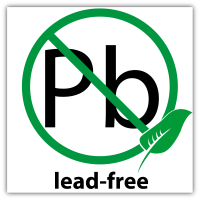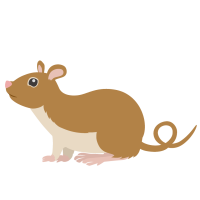The Urban Lead Atlas is a collaborative community-based research initiative to create the nations’ first crowd-sourced open online map identifying toxic lead hazards located within the homes, schools, landscape, and lead service lines for water in American cities. The project will begin by integrating data from a small set of cities – New York, Philadelphia, Washington D.C. and Newark - including housing enforcement and lead service line datasets, data on lead dust in schools, and the results of soil lead tests in parks and backyards, on the websites of Columbia University’s Center for Sustainable Urban Development. Ultimately, the goal of the Urban Lead Atlas is to create and populate a fully open online platform that is capable of integrating data from “citizen scientists” and residents regarding the sites of lead hazards in their city’s environment and buildings. This research is important, as experts estimate that over nine million US children have lead blood levels which may cause sub-clinical effects and permanent adverse health, cognitive, and behavior outcomes. The Lead Atlas is intended as the first model for a national effort, the American Lead Atlas project, which seeks to create a national online collaborative map of lead hazards within American cities.

